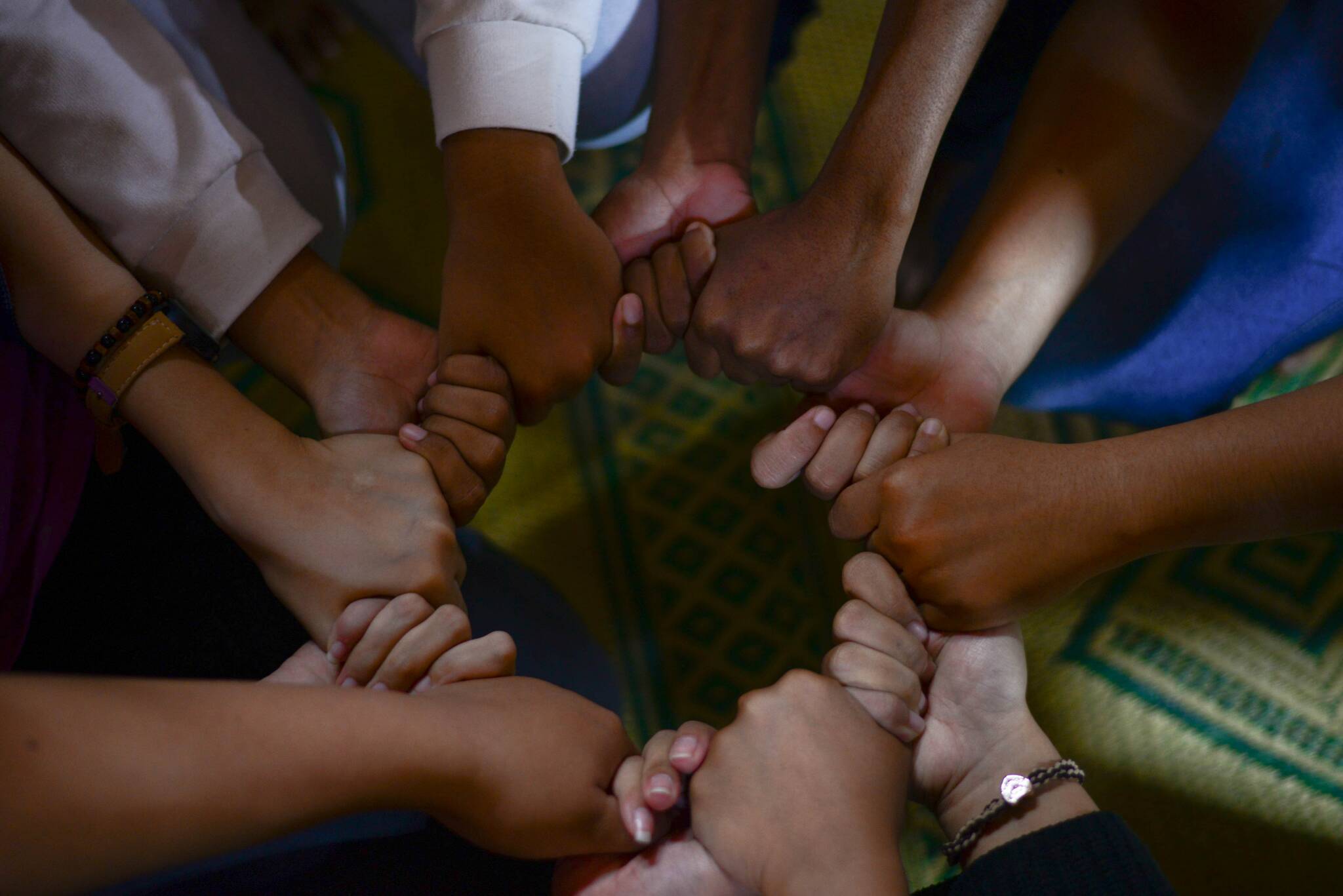By Rich Moniak
On the 20th anniversary of 9/11, former President George W. Bush delivered a speech at the Flight 93 memorial service in Pennsylvania. His reflections began with the country’s sense of solidarity following the attack — on our collective shock, newly exposed vulnerability, grief and grace. And the “heroism and decency that opposed it.”
Wrongly left unsaid was the anger that may have united Americans the most.
“In the weeks and months following the 9/11 attacks, I was proud to lead an amazing, resilient, united people,” Bush went on to say. But in a line that earned him condemnations from the left and the right, he added, “those days seem distant from our own. A malign force seems at work in our common life that turns every disagreement into an argument, and every argument into a clash of cultures.”
Byron York, the chief political correspondent at the Washington Examiner, wrote, “Bush showed an astonishing lack of self-awareness of the role his own actions played in creating those divisions.” He further accused the former president of widening the divide by suggesting “an equivalence exists between the plane-hijacking, murderous terrorists of Sept. 11, 2001, and the Capitol rioters of Jan. 6, 2021.”
New York Times columnist Jamelle Bouie writes, “Bush was an active participant in the politics he now bemoans.” And a “straight-line” from 911 “to the Jan. 6 attack on the Capitol” began when Bush initiated the “war on terror.”
Of course, Bush had a lot of help starting that war. Rep. Barbara Lee, D-Calif., was the only one in Congress to oppose the authorization to attack Afghanistan. The news media rallied behind Bush. Almost nine in 10 Americans supported him. That’s about as united as a nation can be.
However, shock, anger and grief aren’t conducive to sound decision-making. We’d advise anybody against making major life changes following the brutal murder of a loved one. And we certainly wouldn’t hand them a gun with instructions to find and kill the perpetrator.
Lee understood that.
“Our country is in a state of mourning,” she said when opposing the invasion. “Some of us must say, let’s step back for a moment. Let’s just pause, just for a minute and think through the implications of our actions today, so that this does not spiral out of control.”
Not only were Americans in no condition to consent to a war. We were incredibly ill-informed about Afghanistan, our country’s past foreign policy failures in the region, and the kind of government that would replace the Taliban after we destroyed them.
But Bush and Congress eagerly gave the angry, grieving public what they wanted. And it spiraled over to Iraq 18 months later.
Public support for both wars eventually soured. But the self-righteous anger that animated a united America 20 years ago remains in elements of the far right and left.
Bush’s indictment of the Capitol insurrectionists and right-wing militias was perfectly well justified. It was probably directed at those in his party promoting the stolen election myth, too.
But let’s not assume he wasn’t referring to antifa as well. That he left out the so-called cancel culture from his reference to “clash of cultures.” Or that those he said are “determined to defile national symbols” excluded the liberal activists who vandalized statues of George Washington, a Wisconsin abolitionist and a Kansas City memorial to fallen police officers.
Every one of those groups exhibits the “disdain for pluralism” that Bush demanded we confront.
“Pluralism acknowledges the existence of permanent and profound differences,” David French said during a July interview at the George W. Bush Institute. It gives a country “the ability to form distinct communities that enjoy distinct liberties and can thrive according to their distinct values.”
What French described is a primary characteristic that united America for two centuries. Yes, many grave injustices existed during most of those years. But as he reminds us, “every major American movement for justice” was inspired by that pluralistic vision of our nation’s founding.
The alternative is what we left behind in Afghanistan. I’m not suggesting it’ll ever get that bad here. But the tribal anger emanating from the opposite poles won’t produce good governance. It’ll only divide us further and exacerbate America’s most pressing problems.
• Rich Moniak is a Juneau resident and retired civil engineer with more than 25 years of experience working in the public sector. Columns, My Turns and Letters to the Editor represent the view of the author, not the view of the Juneau Empire. Have something to say? Here’s how to submit a My Turn or letter.

